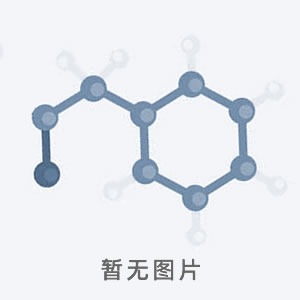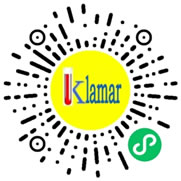本网站销售的所有产品仅用于工业应用或者科学研究等非医疗目的,不可用于人类或动物的临床诊断或者治疗,非药用,非食用。
Recombinant Rat ThymusChemokine-1/CXCL7 (CHO-expressed)
英文名:
Cas号:
Cas号:
检测信息查询

| 货号 | 规格 | 货期 | 库存 | 价格 | 促销价 | 订购 |
| 1308132806-10 μg | 0 | ¥4200 | ||||
| 1308132806-50 μg | 0 | ¥8400 |
| 别 名 | |
| Cas号 | |
| M D L | |
| 分子式 | |
| 分子量 | |
| 产品参数 | |
| 性状 | Recombinant Rat ThymusChemokine 1/CXCL7 (CHO-expressed) 能够刺激细胞有丝分裂的发生、细胞外基质合成、糖代谢和纤溶酶原激活剂合成等多个过程。
Synonyms rRtThymusChemokine-1/CXCL7; Ppbp; Rtck1 ; 重组大鼠CXC 趋化因子7 (CHO 细胞表达) Species Rat Source CHO Accession Q99ME0 Gene ID 246358 Molecular Weight Approximately 9.8 kDa AA Sequence IELRCRCTNT LSGIPLNSIS RVNVFRPGAH CDNVEVIATL KNGKEVCLDP TAPMIKKIVK KI Biological Activity The ED50 is <300 ng/mL as measured by CHO-K1/Gα15/rCXCR2 cells (human Gα15 and rat CXCR2 stably expressed in CHO-K1 cells). Appearance Lyophilized powder. Formulation Lyophilized after extensive dialysis against PBS. Endotoxin Level <0.2 EU/μg, determined by LAL method. Reconstitution Reconstitute the lyophilized recombinant Rat ThymusChemokine-1/CXCL7 (CHO-expressed) (rRtThymusChemokine-1/CXCL7) to 100 μg/mL using ddH2O or PBS. Storage & Stability Lyophilized recombinant Rat ThymusChemokine-1/CXCL7 (CHO-expressed) (rRtThymusChemokine-1/CXCL7) is stored at -20°C. After reconstitution, it is stable at 4°C for 1 week or -20°C for longer. It is recommended to freeze aliquots at -20°C or -80°C for extended storage. Shipping Room temperature in continental US; may vary elsewhere. Background CXCL7 stimulates various processes including mitogenesis, synthesis of extracellular matrix, glucose metabolism and synthesis of plasminogen activator[1]. CXCL7 has been shown to stimulate neutrophils for chemotaxis over an extremely wide range of stimulus concentrations, for the degranulation of lysosomal enzymes, and to up-regulate adhesion molecules on some cells[2]. |
| 贮存 |
- Recombinant Human TECK/CCL25
- Recombinant Human Trefoil Factor-3
- Recombinant Human Transforming Growth Factor alpha (CHO-expressed)
- Recombinant Mouse Transforming Growth Factor beta2 (HEK293-expressed)
- Recombinant Rat ThymusChemokine-1/CXCL7 (CHO-expressed)
- Recombinant Bovine Tumor Necrosis Factor alpha
- Recombinant Rhesus Macaque Tumor Necrosis Factor alpha

 小程序扫码下单
小程序扫码下单

 沪公网安备 31012002003054号
沪公网安备 31012002003054号